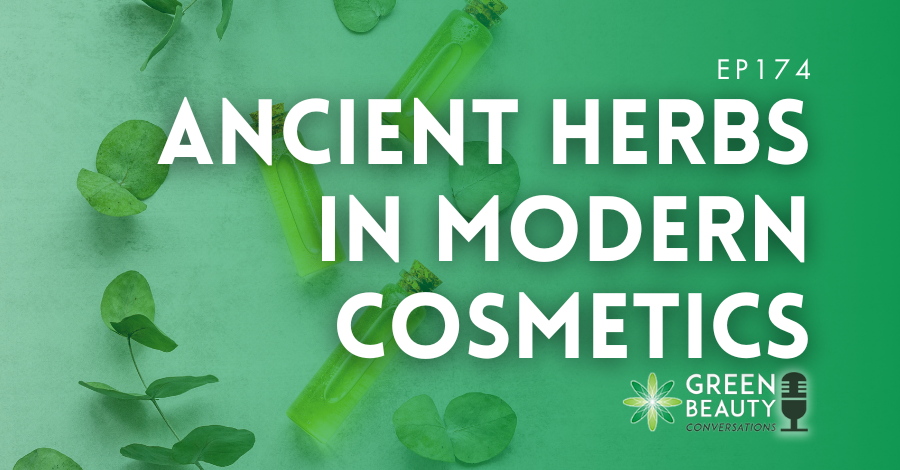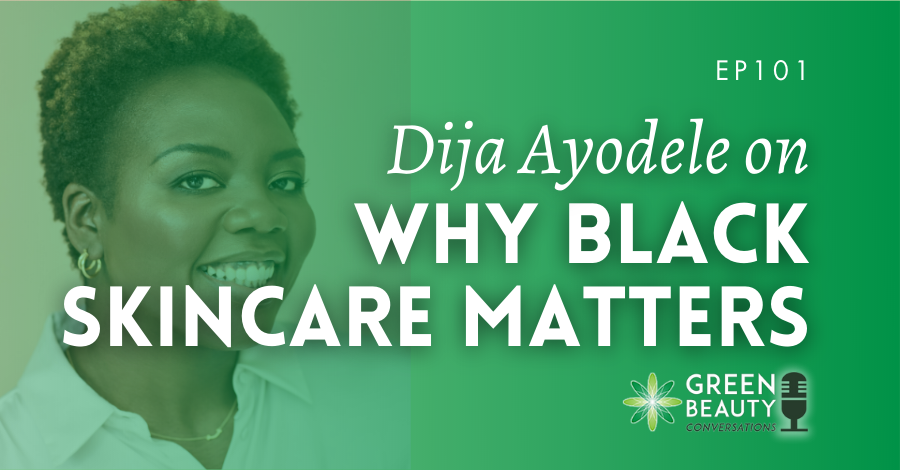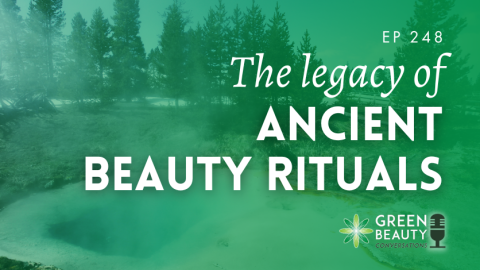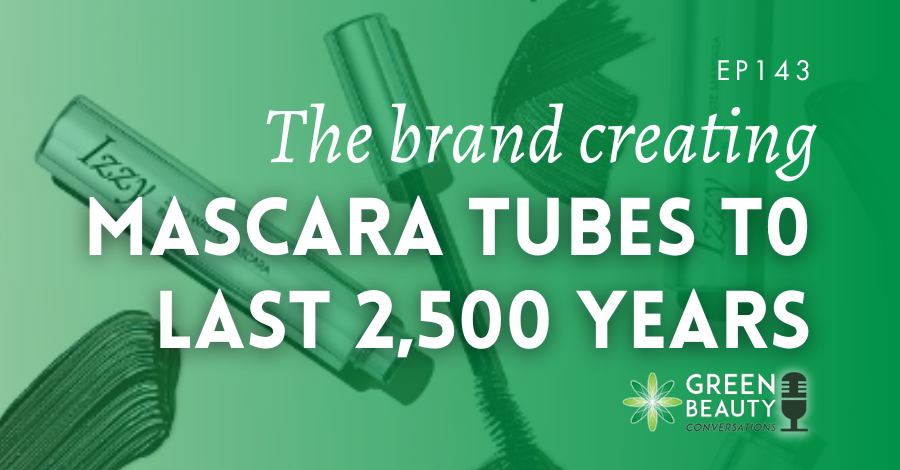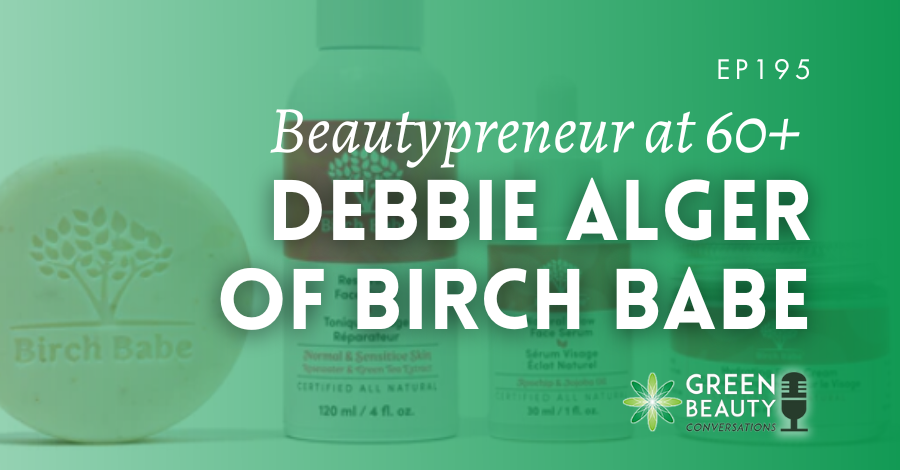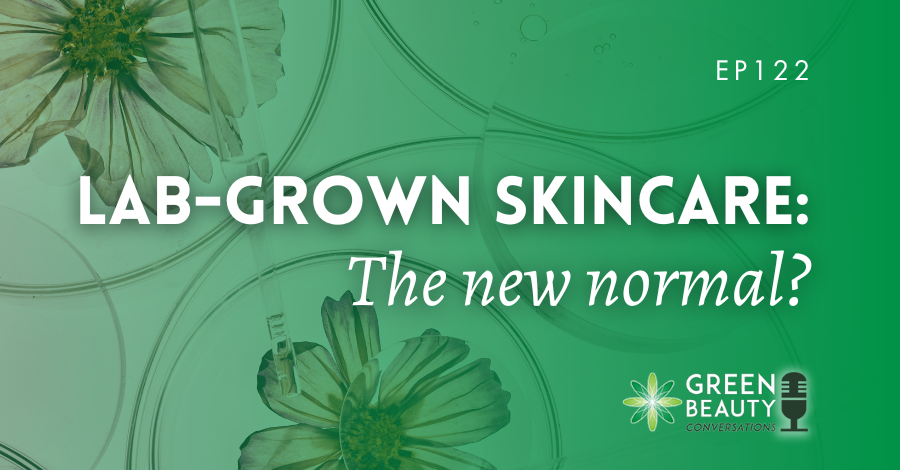In the last guest episode, we heard from 9th generation herbologist and cosmetic formulator Dr Jenelle Kim, whose career has seen her immersed in discovering the beauty, as well as therapeutic, and medicinal powers of East Asian herbs. She spoke of recipes handed down to her from generations of her family of master herbalists.
This inspired podcast host and Formula Botanica CEO Lorraine Dallmeier, to think about how each of us, wherever we live in the world, have plants and herbs native to us that have been revered for centuries for the beauty secrets they hold within their stems, sap, roots, leaves, petals, seeds and more.
With this in mind, Lorraine dives into three herbs native to her in the UK, which were documented in the 16th century by one of the country’s most renowned and pioneering herbalists of his day, Dr Nicholas Culpeper, in his “Complete Herbal: a book of natural remedies for ancient ills”.
How do the age-old and folkloristic benefits of herbs stand up against today’s scientific assessment of their powers? Listen in to be surprised by ancient wisdom, and inspired to do your own research into the secrets of herbs growing near you.
View this post on Instagram
Lorraine dives into the properties of three herbs that we commonly use in cosmetics: chamomile, rosemary and willow extract. Culpeper’s entries for these are a little vague, however, reading between the lines, and deciphering 17th century phrasing, we can see he has observed the effects of using these ingredients and made some discoveries that can match up with some of modern science’s findings.
Culpeper says that bathing in a decoction of chamomile can take away weariness and ease pain. Chamomile includes chemical compounds that are known anti-inflammatories. We see many of our students and graduates use chamomile (Roman and German varieties), to soothe and calm the skin and scalp.
Willow bark contains salicylic acid which is a beta-hydroxy acid, a lipophilic chemical form used in facial peels and masks. Which is aimed at giving radiance to the skin, reducing hyperpigmentation areas, and improving the appearance of acne-prone and oily skin types. Culpeper mentions willow water as being “very good to clear the face and skin from spots and discolouring”.
Lorraine has fun digging into the science to back up these centuries-old herbal remedies, and urges us to find our own local herbs and plants to investigate. The reason so many of us love plant-based cosmetics, is their connection with our ancestors and the way they ground us as we navigate the contemporary world. Why not take the best of both realities for your formulations, and dust off ancient plant wisdom backed by today’s science to create truly amazing natural cosmetics?
Thank you for joining us for this episode of the Formula Botanica Green Beauty Conversations podcast. If you enjoyed listening, please share, subscribe and review this episode on Apple Podcasts, Spotify or Youtube so that more people can enjoy the show. Don’t forget to follow and connect with us on Facebook and Instagram.
FREE TRAINING
Learn how to become an
Organic Skincare Formulator
FREE TRAINING
How to become an
Organic Skincare Entrepreneur
FREE TRAINING
How to become an
Organic Skincare Entrepreneur
Leave us a comment
Lorraine Dallmeier is a Biologist, Chartered Environmentalist and the CEO of Formula Botanica, the award-winning online organic cosmetic science school. Read more about Lorraine and the Formula Botanica Team.

